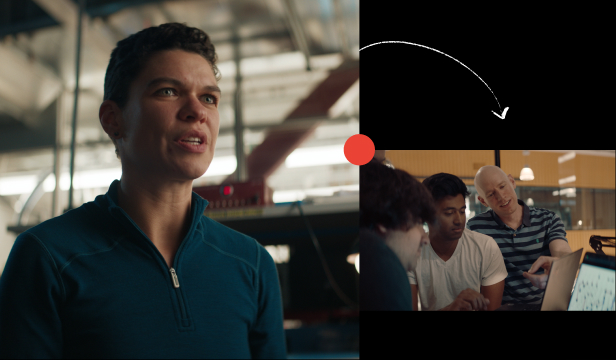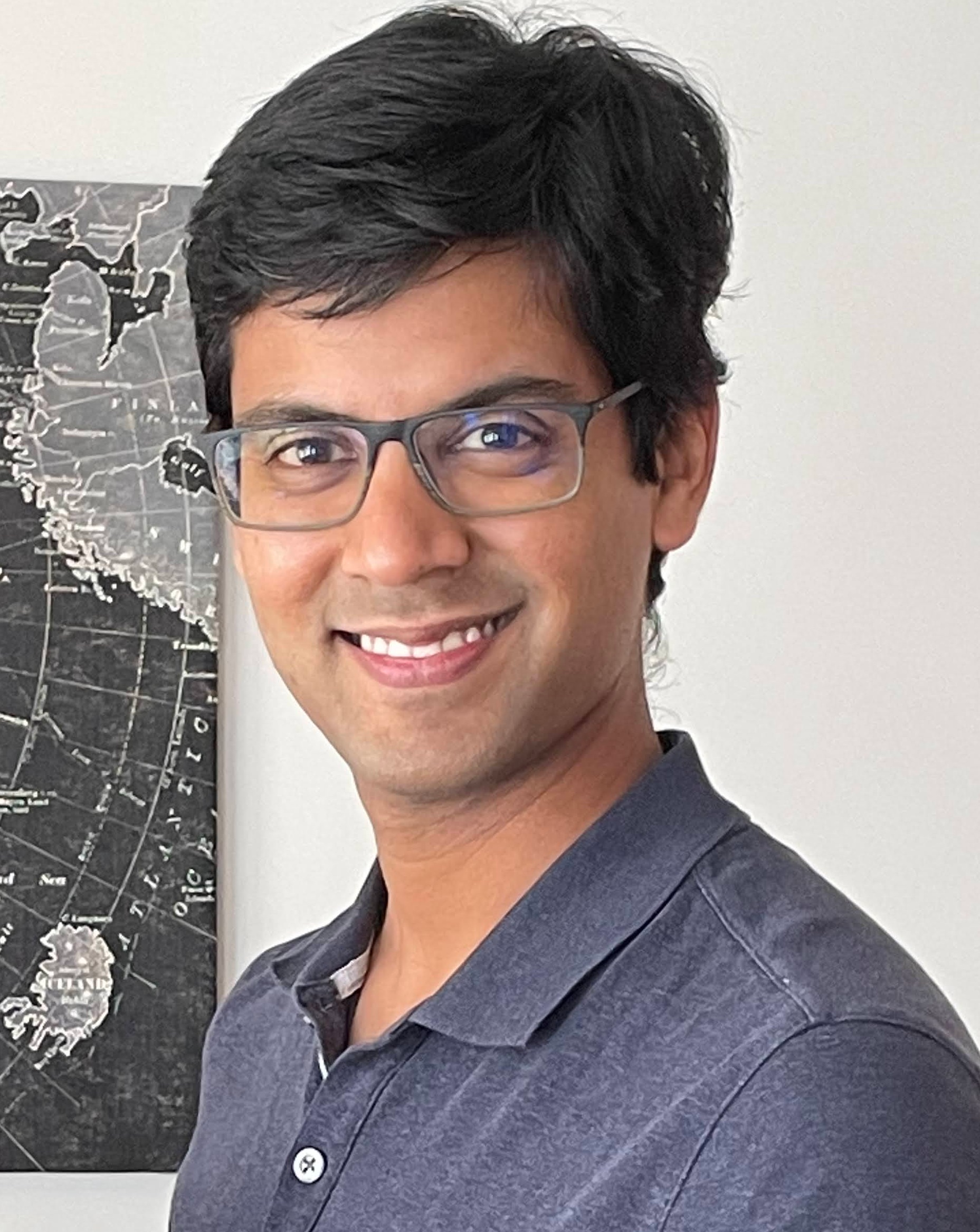People
Our researchers drive advancements in computer science through both fundamental and applied research.

Our researchers drive advancements in computer science through both fundamental and applied research.
1 - 30 of 2228 researchers
-

Martín Abadi
- Algorithms and Theory
- Distributed Systems and Parallel Computing
- Machine Intelligence
-

Pendo Abbo
- Machine Learning
-

Ahmed Abdelkader
- Algorithms and Theory
- Machine Learning
-

Douglas Aberdeen
- Machine Intelligence
-

Jacob Abernethy
- Algorithms and Theory
- Economics and Electronic Commerce
- Machine Intelligence
-

Sami Abu-El-Haija
- Algorithms and Theory
- Machine Perception
-

Moheeb Abu Rajab
- Security, Privacy and Abuse Prevention
-

Mustafa Emre Acer
- Security, Privacy and Abuse Prevention
-

Hartwig Adam
- Data Mining and Modeling
- Machine Perception
-

Balu Adsumilli
- Algorithms and Theory
- Audio Processing
- Machine Intelligence
-

Shashank Agarwal
- Algorithms and Theory
- Data Mining and Modeling
- Education Innovation
-

Alekh Agarwal
- Algorithms and Theory
- Machine Intelligence
-

Sameer Agarwal
- Algorithms and Theory
- Machine Perception
-

Mohit Agarwal
- Human-Computer Interaction and Visualization
- Machine Intelligence
- Machine Learning
-

Anmol Agarwal
- Natural Language Processing
-

Gagan Aggarwal
- Algorithms and Theory
- Data Mining and Modeling
- Economics and Electronic Commerce
-

Ankur Agiwal
- Data Management
- Distributed Systems and Parallel Computing
-

Shreya Agrawal
- General Science
- Machine Intelligence
-

Parth Agrawal
- Machine Learning
- Machine Perception
- Robotics
-

Priyanka Agrawal
- Machine Intelligence
- Natural Language Processing
-

Blaise Aguera y Arcas
- Human-Computer Interaction and Visualization
- Machine Intelligence
- Machine Perception
-

Eirikur Agustsson
- Machine Intelligence
- Machine Perception
-

Roee Aharoni
- Machine Translation
- Natural Language Processing
-

Sara Ahmadian
- Algorithms and Theory
- Data Mining and Modeling
- Distributed Systems and Parallel Computing
-

Zafarali Ahmed
- Machine Intelligence
-

Amr Ahmed
- Data Mining and Modeling
- Human-Computer Interaction and Visualization
- Information Retrieval and the Web
-

Mustaq Ahmed
- Algorithms and Theory
- Networking
-

Junwhan Ahn
- Distributed Systems and Parallel Computing
- Hardware and Architecture
- Software Systems
-

Dror Aiger
- Algorithms and Theory
- Information Retrieval and the Web
- Machine Perception
-

Alex Ainslie
- Human-Computer Interaction and Visualization
- Security, Privacy and Abuse Prevention
